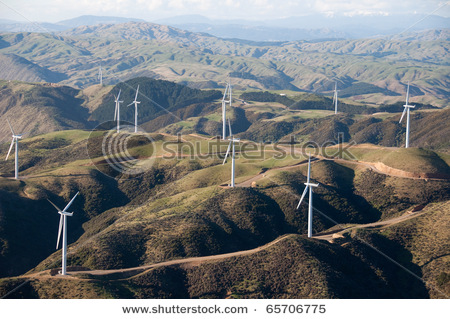 The Minister for Economic Development Steven Joyce had a curious op-ed in the Herald earlier this week. It was aimed at those pesky people who obstruct progress when government tries to remove roadblocks in the way of business development.
The Minister for Economic Development Steven Joyce had a curious op-ed in the Herald earlier this week. It was aimed at those pesky people who obstruct progress when government tries to remove roadblocks in the way of business development.
And that’s when the problems start to arrive. The people who say “we want jobs” but then in the next breath say “but you can’t do that … you can’t build that there … you can’t expand that … you can’t explore for that there … you can’t live here … you can’t invest in property here – you just can’t do that!”
And very quickly we start limiting our options.
It was all safely general. No specific examples were provided. However, I recognise myself amongst the people he is complaining about, and am happy to provide some of the detail missing from his article. Continue reading “Minister wants all options open”

 I knew that climate scientists were on the receiving end of some nasty emails, but it was still a shock to read James Hansen’s
I knew that climate scientists were on the receiving end of some nasty emails, but it was still a shock to read James Hansen’s  There’s no reason why facing up to the challenge of climate change should not result in wide benefits to human society, including economic benefits. That’s the argument of the multiple authors of Reframing the Problem of Climate Change: From Zero Sum Game to Win-Win Solutions. The book is based on papers presented at a 2010 international conference in Barcelona. They cover a wide range of topics and disciplines but centre around the proposition that it is a mistake to think of action on climate change as though gains can only be made at the expense of losses.
There’s no reason why facing up to the challenge of climate change should not result in wide benefits to human society, including economic benefits. That’s the argument of the multiple authors of Reframing the Problem of Climate Change: From Zero Sum Game to Win-Win Solutions. The book is based on papers presented at a 2010 international conference in Barcelona. They cover a wide range of topics and disciplines but centre around the proposition that it is a mistake to think of action on climate change as though gains can only be made at the expense of losses. I’ve often been struck by what I see as parallels between the defence of slavery in earlier times and today’s persistence with fossil fuel-based economies. I explored this in a
I’ve often been struck by what I see as parallels between the defence of slavery in earlier times and today’s persistence with fossil fuel-based economies. I explored this in a  A mild protest from the NZ Wind Energy Association arrived in my inbox recently. It was in response to the Ministry of Economic Development’s latest
A mild protest from the NZ Wind Energy Association arrived in my inbox recently. It was in response to the Ministry of Economic Development’s latest